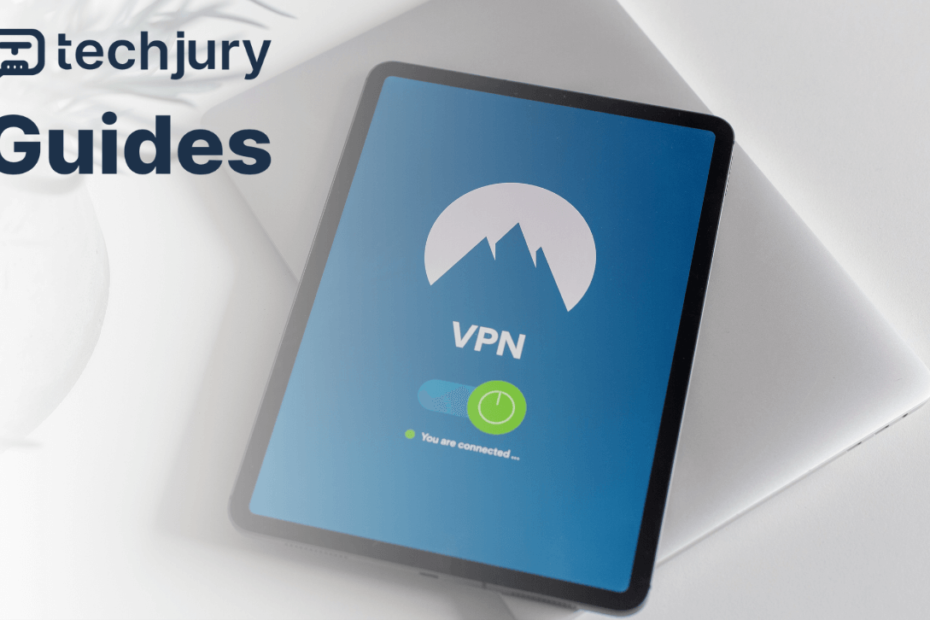Understanding the Digital Privacy Landscape
In today‘s hyperconnected world, your online activities are constantly under surveillance. Internet Service Providers (ISPs) possess an unprecedented ability to track, record, and potentially monetize your digital interactions. Imagine every website you visit, every message you send, and every video you stream being meticulously logged and analyzed—without your explicit consent.
This isn‘t a dystopian scenario; it‘s the current reality of digital communication. ISPs have transformed into sophisticated data collection machines, capturing intricate details of your online existence. From browsing habits to communication patterns, they possess a comprehensive digital profile that reveals more about you than you might realize.
The Mechanics of ISP Tracking: What They Know and How
When you connect to the internet, your ISP becomes the primary gateway for all your digital communications. This strategic position allows them to observe nearly every aspect of your online behavior. Unlike popular misconception, ISP tracking extends far beyond simple website visits.
Modern ISP tracking mechanisms involve complex data aggregation techniques. They can capture:
- Precise timestamps of your online activities
- Exact websites and services accessed
- Duration of each online session
- Bandwidth consumption patterns
- Device-specific connection details
- Geolocation information
The Technical Infrastructure of Surveillance
Internet Service Providers leverage sophisticated network monitoring tools that operate at multiple levels. Deep Packet Inspection (DPI) technologies allow them to analyze not just metadata, but potentially the content of your unencrypted communications.
Consider this: Without protection, your ISP can construct a remarkably detailed digital profile. They understand your:
- Professional interests
- Entertainment preferences
- Communication networks
- Potential health concerns
- Financial behaviors
- Personal relationships
VPN Technologies: Your Digital Shield
Virtual Private Networks (VPNs) represent a sophisticated counterpoint to invasive ISP tracking. These technologies create an encrypted tunnel between your device and the internet, effectively obscuring your digital activities from prying eyes.
How VPNs Fundamentally Disrupt Tracking
When you activate a VPN, something remarkable happens. Instead of your internet traffic flowing directly through your ISP‘s servers, it‘s rerouted through an encrypted pathway. This process involves:
- Encryption of all outgoing data
- Routing through remote servers
- Masking of original IP address
- Creation of anonymized digital persona
The encryption process transforms your digital communication into an indecipherable code. Your ISP can observe that data is being transmitted, but cannot understand its contents or destination.
Advanced Encryption: The Heart of VPN Protection
Modern VPN technologies utilize [AES-256] encryption—a military-grade protection standard that would take contemporary supercomputers thousands of years to crack. This isn‘t just technical jargon; it‘s a robust shield protecting your digital identity.
The Mathematical Complexity of Protection
Encryption works through complex mathematical algorithms that transform readable data into seemingly random character sequences. Each encryption key represents a unique mathematical transformation, making unauthorized access exponentially difficult.
Market Dynamics and Privacy Trends
The global VPN market isn‘t just growing—it‘s experiencing a digital revolution. Projected to reach [$107.6 billion] by 2027, this expansion reflects a global awakening to digital privacy concerns.
Regional Privacy Perspectives
Different global regions demonstrate fascinating variations in privacy approach:
- North America: Technology-driven privacy solutions
- European Union: Stringent regulatory frameworks
- Asia-Pacific: Rapid technological adaptation
- Middle East: Increasing digital sovereignty focus
Practical Implementation: Selecting the Right VPN
Choosing a VPN isn‘t about finding the cheapest option—it‘s about selecting a comprehensive privacy solution. Consider these critical evaluation criteria:
Technical Performance Indicators
- Encryption Standards
- Server Network Diversity
- Connection Speed
- Logging Policies
- Global Server Locations
Economic Considerations
While premium VPN solutions might seem expensive, consider the potential cost of a data breach. The average enterprise data breach in 2022 exceeded [$4.35 million]. Compared to that, a robust VPN represents a minimal investment in your digital security.
Future of Digital Privacy: Emerging Technologies
The privacy landscape is continuously evolving. Emerging technologies like blockchain, quantum encryption, and decentralized networks promise even more sophisticated protection mechanisms.
Blockchain: The Next Privacy Frontier
Blockchain technologies are revolutionizing privacy by:
- Eliminating centralized data storage vulnerabilities
- Creating transparent yet secure transaction mechanisms
- Empowering individual data sovereignty
Conclusion: Your Digital Sovereignty Matters
Digital privacy isn‘t a luxury—it‘s a fundamental right. By understanding advanced technologies, implementing robust strategies, and remaining adaptable, you can effectively protect your digital identity.
Remember, in the digital age, you are the primary guardian of your personal information. A VPN isn‘t just a tool; it‘s your digital armor in an increasingly complex online world.
Stay informed. Stay protected.
